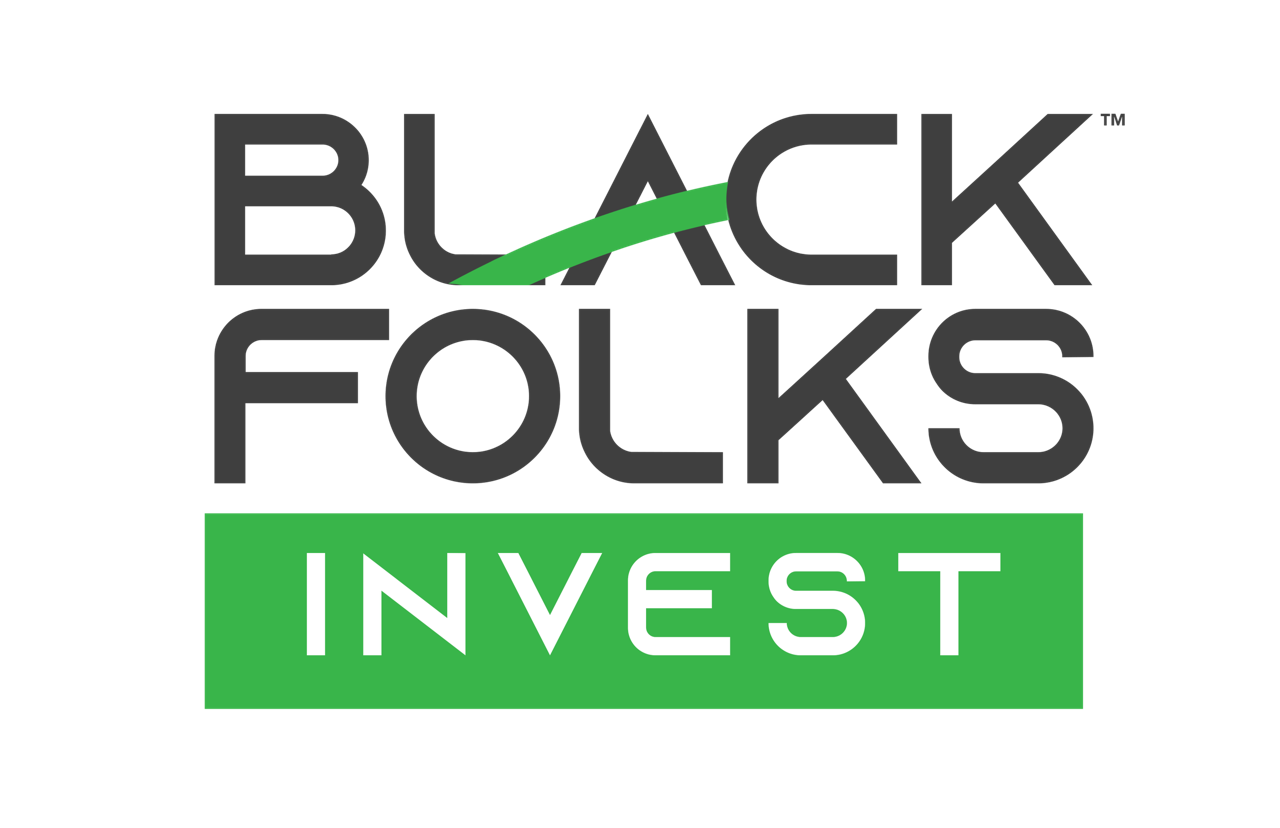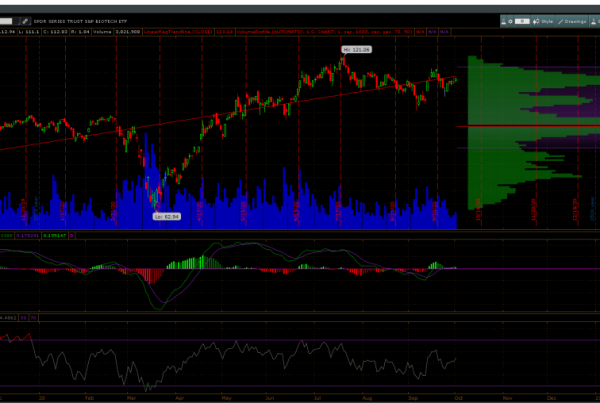One of the biggest risks of investing in the stock market is the lack of diversification. Index funds mitigate some of that risk because they are setup to give you instant diversification with the purchase of each share.
Index funds are our primary form of investing in the stock market. Index funds have been embraced by many in the FIRE community to reach financial independence and many have retired early through this form of investing.
Index funds are a type of mutual fund and mutual funds represent multiple stocks and bonds vs an individual stock. So if you wanted to invest in apple but you were uncertain how long they would be successful, you could instead invest in a technology index fund that encompasses the top technology companies and diversifying your investment. This way you’d be able to minimize your risk of putting all your “eggs in one basket” and buy a portion of successful companies.
Why is this video about index funds and not mutual funds? They are many reasons we will summarize in two points. Index funds have lower expense ratios (management fees) than non indexed mutual funds. Also there has been much research done to show evidence that index funds outperform non-indexed mutual funds majority of the time.
Index funds offer low expense, affordable options to invest. Fidelity recently just recently starting offering index funds with zero management fees. You can also invest with as little as one dollar which will we show you in the tutorial at the end of this video.
Index funds are a smart investment because it is an investment is simple and offers diversification. When choosing an index fund to invest in, you are able to research the performance of the certain index overtime. In general indices rise over time. This is because it maintains a standard. For example, the Standard and Poor’s 500 (S&P 500) is an index fund that represents the top 500 business in America. If a company included in this index is no longer doing good business and their market shares are no longer profitable, they may no longer meet the criteria (or index) of the S&P 500 to be in the top 500 companies of America. This company, once they have fallen below the S&P 500 standard, will be passively removed from the index and the business that was in the 501 place would now take it’s place. This is how index funds have been able to be successful and bring financial success to so many people. You make money from index funds similarly to the way you would make money from individual stocks. You could invest in an index fund that offers a dividend yield. A dividend yield is the reward the fund will pay its investors for investing in the fund. This is a guarantee return on your money that the fund pays out every month or quarter depending on the fund. Another way to make money is by selling your shares in the fund at a higher rate than you bought it for. This is always the goal with investment to buy low and sell high.
Index funds operate a little differently than individual stocks. Individual stocks change in price by the second during the hours that the stock market is opened and even after market close sometimes. Index funds, only have one set value per business day which is call the net asset value. This is only calculated once per day at the close of market. So if you invest in an index fund on a Thursday morning, your purchase would not be finalized until the close of market Thursday afternoon. This means you would not actually know the exact price you are paying until the market closes. If you purchase a share of an index fund after the close of market on Thursday, the NAV (Net asset value) would not be calculate for your after hours purchase until close of market Friday afternoon.
Here are some references if you would like more info on index funds: https://www.investopedia.com/terms/i/… https://www.nerdwallet.com/article/in… https://www.investopedia.com/terms/e/… https://www.investopedia.com/ask/answ… https://www.investopedia.com/terms/n/…
These are four index funds fidelity offers that have zero expense ratios: Fidelity® ZERO Large Cap Index Fund (FNILX) Fidelity® ZERO Extended Market Index Fund (FZIPX) Fidelity® ZERO Total Market Index Fund (FZROX) Fidelity® ZERO International Index Fund (FZILX)
Thank you so much for taking time to watch our video. Please like, subscribe, and share. Also let us know if there are any particular topics that you like to see covered in future videos. If you enjoy our content, please follow us on other platforms below.
Other ways to follow our story: Facebook: https://www.facebook.com/millennialFi/ Instagram: https://www.instagram.com/millennial….














Recent Comments